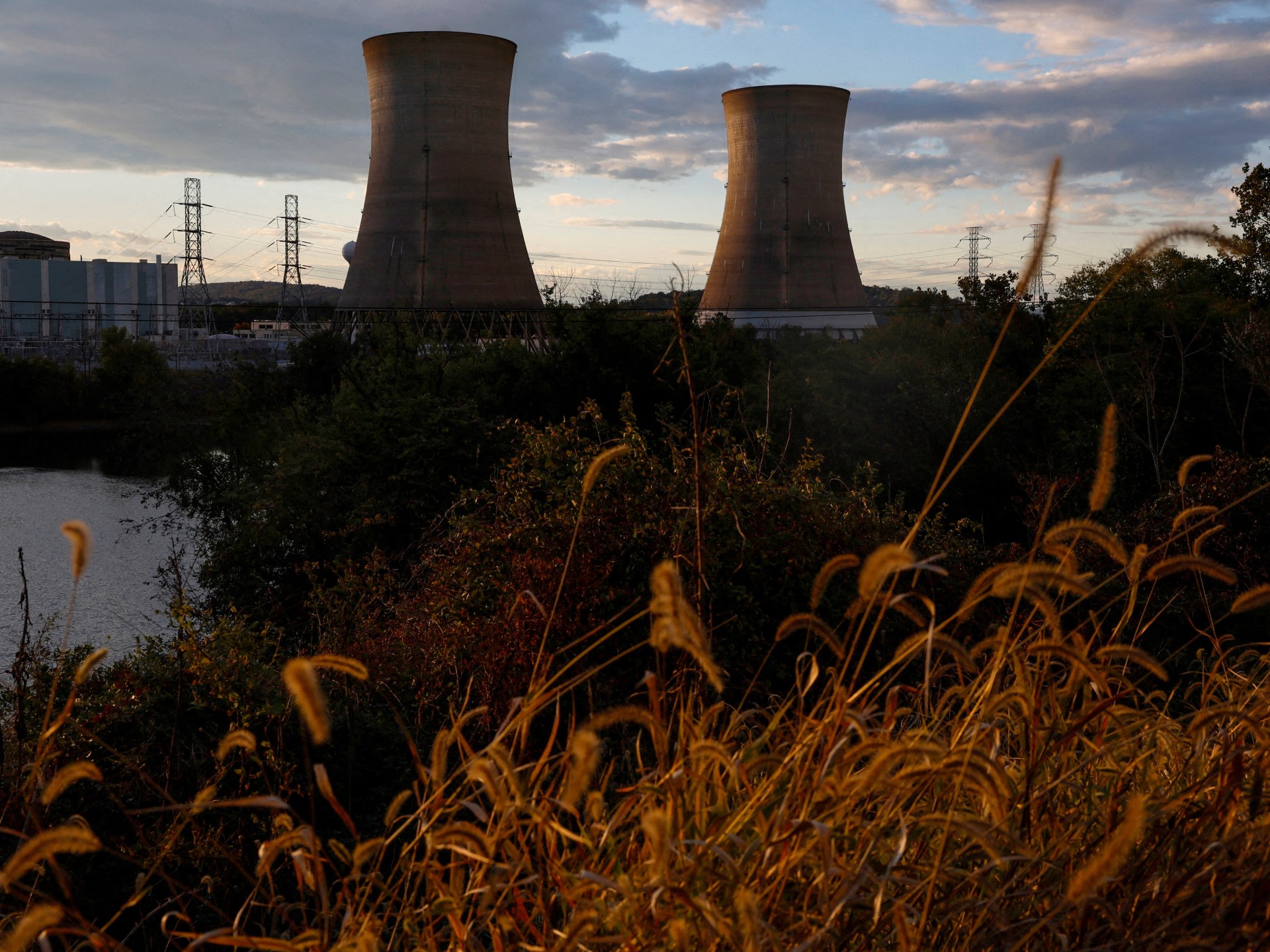Trump’s executive orders on Friday, which were signed at an Oval Office ceremony, directed the country’s independent Nuclear Regulatory Commission to ease regulations and obtain faster new reactor and power plant licenses.
The body must decide on new nuclear reactors within the first 18 months of a single order. That would significantly reduce the length of a process that could take longer than ten years. Trump referred to the nuclear industry as “hot” when speaking from the Oval Office.
It’s a fantastic sector, says one industry expert. Along with Defense Secretary Pete Hegseth, Interior Secretary Doug Burgum, and CEOs of nuclear companies, he said, “you have to do it right.”
According to Burgum, the president’s actions “turn the clock back on over 50 years of overregulation” in the nuclear industry.
Trump’s orders also mandated that the Nuclear Regulatory Commission’s staffing levels be assessed, and they also mandated that the US Departments of Energy and Defense collaborate to construct nuclear facilities on federal land.
A government official stated to reporters prior to the signing that building more nuclear reactors is intended to address the growing energy demand created by artificial intelligence (AI) technology.
The Nuclear Regulatory Commission, which was established by Congress as an independent body in 1974, had limited authority that Trump and the executive branch could have.
Trump’s orders also called for more domestically produced and enriched uranium, the main fuel used in nuclear power.
National energy emergency
Since taking office for a second term in January, Trump has focused heavily on deregulating the energy sector, with a focus on fossil fuels.
Trump declared a “national energy emergency” on January 20 when he made his White House appearance.
In addition, he demanded that the heads of federal agencies identify any emergency powers they might have to “facilitate the identification, leasing, siting, production, transportation, refining, and generation of domestic energy resources” on federal and non-federal land.
He added that rising energy costs pose an “active threat” to US citizens and national security.
Nuclear energy has long been a contentious topic in the US, splitting those who seek alternatives to fossil fuels.
On the one hand, the industry provides a method for producing energy with low emissions. However, nuclear energy production results in waste that can remain radioactive for a long time and necessitates special storage to protect the public.
Rare but potentially cataclysmic accidents are also a possibility in nuclear power.
The potential dangers are often summed up by events like the Three Mile Island accident. A mechanical failure on Three Mile Island in Pennsylvania in 1979 resulted in the release of radioactive gases into the air, which sparked a backlash against nuclear power.
Source: Aljazeera

Leave a Reply